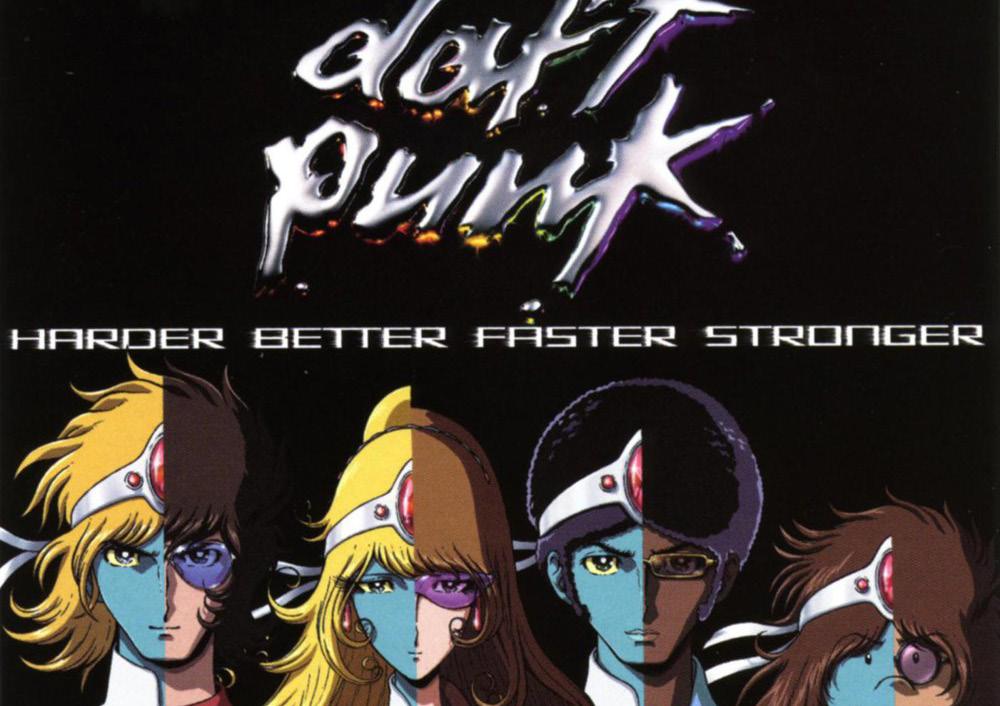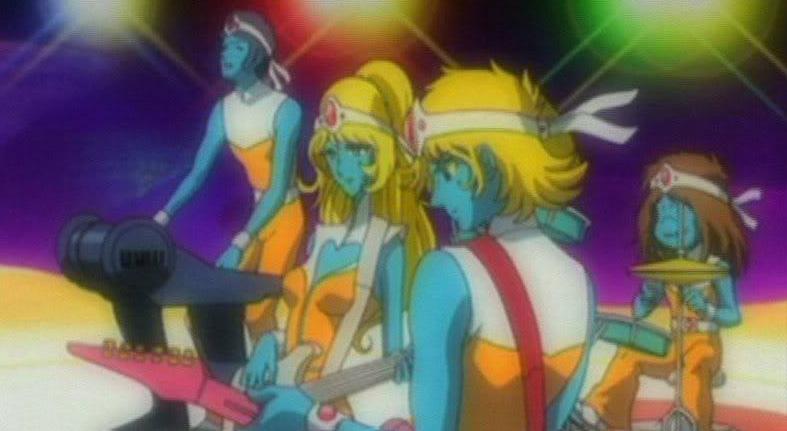
2 minute read
LOVE THAT TRANSCENDS SPACE & TIME
NICHOLAS WONOSAPUTRA - Writer, 1st Year, Intended MCB Neurobiology
"Y’all should listen to some Daft Punk"
Advertisement
Originally published on Mar. 19, 2020
Interstella 5555 is an animated film produced through a collaboration between Daft Punk and Toei Animation in 2003, which tells the story of a band of kidnapped alien musicians as they attempt to escape their captors while simultaneously recovering the stolen memories of their homeland.
Despite releasing in the 2000s, its artstyle is noticeably inspired by anime of the 1990s, which happens to coincide with Daft Punk’s rise in popularity as part of the French house movement.
Simply put, this film is mesmerizing, due in part by its colorful setting and characters, but perhaps most elevated by the fact that there is no dialogue or exposition, just Daft Punk’s music from their Discovery album accompanying vibrant, candy-colored visuals that tell a cohesive, and comprehensive, story.

This is a film that also thrives on its absurdity, as it freely mixes a plethora of scifi and magical elements that have rather illogical implications if one thinks about them for too long, which is all in service of matching Daft Punk’s artistic style and vision in order to make a truly unique experience you won’t find anywhere else. Hell, even Daft Punk themselves make an appearance in their own movie, playing the role of a band that lost their award to the main cast.
Despite its colorful presentation and absurdly fantastical science fiction elements, the film has some surprisingly strong emotional story beats, as the characters put their lives on the line to discover the truth behind their brainwashing. Ironically, one of the more popular, and beloved, songs on the album, “Harder Better Faster Stronger,” accompanies the heart-wrenching display of aliens, who were once the popstars of a planet of blue humanoids, having their memories of their home planet altered to be about Earth and humans, with the original copies of the memories saved on floppy disks. Their blue skin is colored to be a human skin tone, and their native clothing is stripped and destroyed, replaced by stylish outfits and an algorithmically determined perfect pair of mind-control shades.
Even when they break their shades and make a break for it, their lives are at risk, and Interstella makes it very clear that it is a film that isn’t afraid of killing characters and making necessary sacrifices.
This contrast between the colorful presentation and its unnerving content elevates Interstella’s underlying commentary on the predatory nature of the entertainment industry, with the main antagonist embodying the worst aspects of the industry: a manager hellbent on making their artists the best in the business, working them like brainwashed slaves, all in service of getting more and more records. This kind of manager is villainized to a ludicrous degree, even beyond the aforementioned brainwashing, and the true extent of his cultural thievery is exposed by the end of the group’s journey to take their lives back.
At the end of the day, Interstella 5555 is an experience that has a strikingly powerful story to tell about the consequences of cultural appropriation, the treatment of artists in the modern entertainment landscape, and the everlasting power of love.






